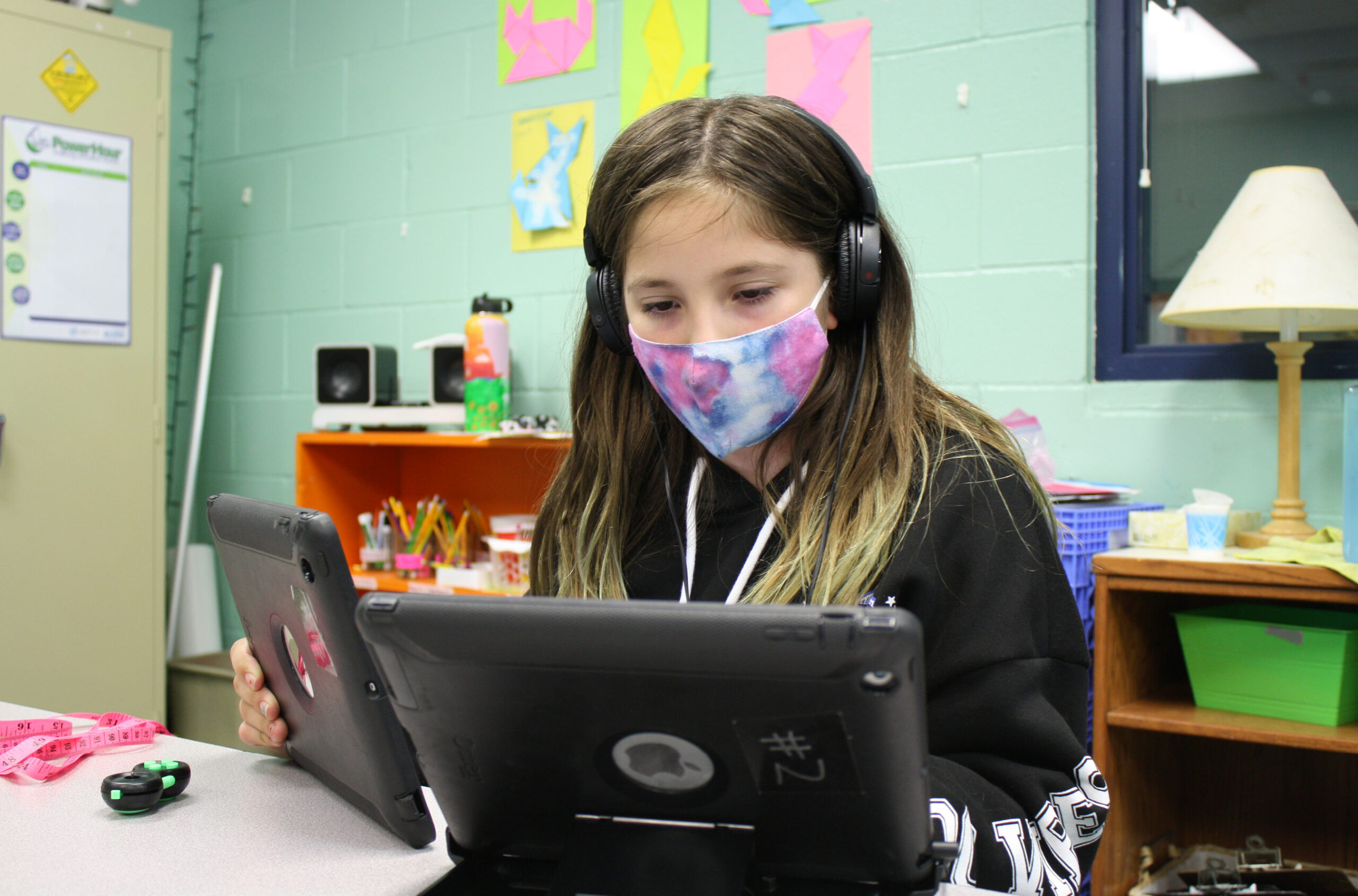 Editor’s Note: There are over 100 organizations in Whatcom County working to provide supportive services to those experiencing chronic poverty and its associated effects: ad- diction, homelessness, incarceration, mental illness, and unemployment. Whatcom Watch believes these organizations often labor unnoticed by citizens — this column is designed to add daylight to their endeavors. We have contacted the organization appearing in this column and asked them to explain their mission. Because, in challenging times, being inspired and perhaps empowered by the acts of others is more important than ever.
Editor’s Note: There are over 100 organizations in Whatcom County working to provide supportive services to those experiencing chronic poverty and its associated effects: ad- diction, homelessness, incarceration, mental illness, and unemployment. Whatcom Watch believes these organizations often labor unnoticed by citizens — this column is designed to add daylight to their endeavors. We have contacted the organization appearing in this column and asked them to explain their mission. Because, in challenging times, being inspired and perhaps empowered by the acts of others is more important than ever.
by Heather Powell
Zack* was nine and Rachel* was eight when they first walked through the signature blue doors of the Boys & Girls Clubs of Whatcom County’s Bellingham clubhouse. The brother and sister were shy, even withdrawn at first. Over time, as they became comfortable and developed relationships at the Club, the staff learned more about their story. Zack and Rachel’s family was struggling — struggling to such a degree that the children’s only hot meals each day were at the Club.
The Boys & Girls sent more food home to support the family and provided clothes and bathroom necessities from our resource closet. The last two years have brought more challenges. Homeless over the summer, the family resorted to living in a tent. For the past several months, they have lived in a Ferndale motel with the children bussing into Bellingham for school each day.
Now 12- and 13-years-old, Zack and Rachel come to the Club every day they can, and both have joined junior staff through which they gain valuable work experience and serve as positive role models themselves.
Through it all, the Club has been a constant in Zack and Rachel’s lives. When Covid shut down their school, they attended a targeted, all-day distanced learning program at the Bellingham Club, completing more than 50 overdue assignments apiece and getting back on track. Along with the other kids there, the siblings received two meals and a snack every day and were able to focus on their schoolwork in a safe and supervised space. Zack and Rachel also have taken part in Boys & Girls Clubs’ programs focused on emotional development, healthy relationships, and smart choices.
Four Sites in Whatcom County
Every day, Boys & Girls Clubs of Whatcom County’s four sites open their doors to hundreds of children like Zack and Rachel. Poverty affects one in six children living in Whatcom County. In the Clubs’ service area, one out of every two students qualifies for free or reduced lunch.
Low-income children and teens are at greater risk for several negative outcomes such as poor academic achievement, school dropout, abuse and neglect, behavioral and socioemotional problems, potential incarceration, physical health problems, and developmental delays. Chronic stress associated with living in poverty has been shown to adversely affect children’s concentration and memory, which may impact their ability to learn.
Forty-two percent of Whatcom County students are not meeting grade level standards in English/language arts; 49 percent are not meeting that standard in science; and 52 percent are failing to meet grade level standards in math. Nearly half of local students are coming out of school unequipped for post-secondary education or careers and the percentages are even higher among low-income students
These educational challenges frequently cause ancillary emotional difficulties, such as depression and anger management issues. These, in turn, can be compounded by problems at home or a lack of positive adult examples and influences. Not surprisingly, 70 percent of children currently born into poverty remain in poverty for the rest of their lives. They simply have had too much stacked against them.
Extracurricular academic support can help kids stay in school and thrive there. Not only does the individual student benefit, so does his or her family, and larger community. A national study commissioned by Boys & Girls Clubs of America and conducted by the Institute for Social Research and the School of Public Health at the University of Michigan, found that every dollar invested in Boys & Girls Clubs returns $9.60 in current and future earnings, as well as cost savings, to American communities.
The biggest benefits are from Club members’ improved grades and reduced alcohol use. Furthermore, supporting healthy, educated youth has a long-term positive impact on community crime rates and healthcare systems (Washington State Institute for Public Policy).
Reaching Full Potential
Since 1946, Boys & Girls Clubs of Whatcom County has pursued the simple but infinitely challenging mission to enable all young people, especially those who need us most, to reach their full potential as productive, caring, responsible citizens. Our roadmap to that goal is threefold: Academic Success, Healthy Lifestyles, and Good Character and Leadership. Within those three focus areas we offer a remarkable breadth of programs and activities.

A child participates in a STEM (educational program based in science, technology, engineering, and math) activity at the Bellingham Boys & Girls Club location.
photo: Elise Poilpre
Academic Success encompasses daily homework help (Power Hour); individual tutoring; a robust organization-wide STEM program with labs/hubs at both our Bellingham and our Ferndale clubhouses; and high-yield learning activities (HYLA) or what we like to call “fun with a purpose.” Examples of HYLA might be simple lessons in angles and geometry while playing pool and learning how to say “hello,” “please,” and “thank you” in Italian because we had spaghetti that day as part of our daily Healthy Meals program.
Our Healthy Lifestyles focus area includes our daily Healthy Meals (and snacks) program with all food prepared in our industrial kitchen at our Ferndale clubhouse, aligned with USDA nutritional requirements and then distributed to all of our sites. Healthy Lifestyles includes our athletics program as well as fun daily physical activities and games. Because mental and emotional health are equally important, we offer the Second Step curriculum and the SMART (Skills Mastery and Resilience Training) programs.
Curriculum is divided into grade-appropriate topics such as emotion management, community building, empathy, kindness, healthy relationships, positive choices, and risk behavior avoidance. Through a variety of activities, we help children develop self-awareness, self-control, and interpersonal skills that are vital for school, work, and life success. These programs teach kids to identify and manage their emotions, appreciate diverse perspectives, and approach problems with a growth mindset. It is designed to prevent impulsivity, aggression, peer rejection, and antisocial behavior.
Giving Back
Lastly, we offer service programs to empower our members to give back to their communities.
Not surprisingly, our roadmap for youth development has seen a great many twists and turns over our past 75 years of service. Sometimes, the changes have been gradual. Other times, sudden and unexpected — born of emergency or urgent necessity. At Boys & Girls Clubs of Whatcom County, we are well-versed in both. Those changes have propelled us forward; they have made us evolve.
We have evolved from a single Boys Club site to four locations serving all youth. In March 2020, just days before a global pandemic turned all of our lives upside-down, we acquired the former Kids’ World sites and began offering licensed childcare, thereby providing service to children from infancy through age 18 and saving 15 percent of the total number of licensed childcare spots in Whatcom County.
The months since March 2020, that permanent demarcation in all of our lives, have brought new forms of evolution to nearly every area of our organization. From virtual programming and events to temporary all-day use of our sites as distanced learning centers, an increased and targeted focus on learning loss remediation, and an expanded approach to social-emotional learning and trauma-informed care, Boys & Girls Clubs of Whatcom County has evolved. We have adapted with flexibility and purpose, extending our reach, and strengthening our impact.
When that first local Club opened its doors, no one could have predicted what the next 75 years would bring. As we continue to navigate repeated upheavals and abrupt changes across our communities — and the world, we have no more accurate crystal ball than did our predecessors. However, we can be certain of this: our clubhouses will continue to welcome in every Zack and every Rachel. And together, arm-in-arm with our Whatcom County community, we will continue to do whatever it takes to provide essential services to the kids who need us most.
____________________________
Heather Powell has been the CEO of the Boys & Girls Clubs of Whatcom County since 2013. She is also currently serving as the president of the Boys & Girls Clubs of Washington State Alliance and Associations.




























